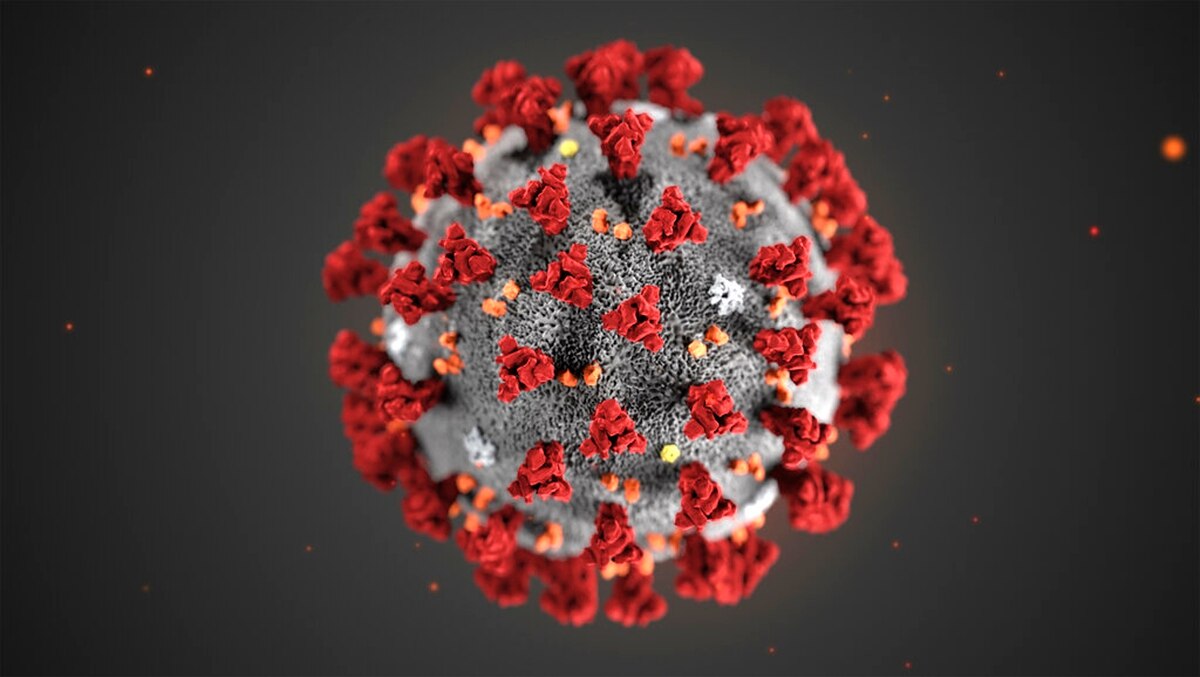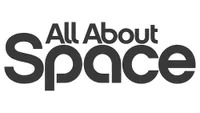NASA tests telecommute plan amid coronavirus worries
Space agencies around the world are doing their best to prepare for what may come next.

Breaking space news, the latest updates on rocket launches, skywatching events and more!
You are now subscribed
Your newsletter sign-up was successful
Want to add more newsletters?

Delivered daily
Daily Newsletter
Breaking space news, the latest updates on rocket launches, skywatching events and more!

Once a month
Watch This Space
Sign up to our monthly entertainment newsletter to keep up with all our coverage of the latest sci-fi and space movies, tv shows, games and books.

Once a week
Night Sky This Week
Discover this week's must-see night sky events, moon phases, and stunning astrophotos. Sign up for our skywatching newsletter and explore the universe with us!

Twice a month
Strange New Words
Space.com's Sci-Fi Reader's Club. Read a sci-fi short story every month and join a virtual community of fellow science fiction fans!
NASA is testing a telework day for many employees today (March 6) to prepare for a scenario in which the coronavirus outbreak gets much worse, the agency said on its website.
NASA — along with the U.S. Air Force, according to Politico — is running the test as a precautionary measure. The World Health Organization has not classified the current coronavirus outbreak as a pandemic, but there have been more than 100,000 cases worldwide, mostly in China, according to data from Johns Hopkins University.
"The purpose of this exercise is to test our capabilities, resources and preparedness for large-scale teleworking," NASA Associate Administrator Steve Jurczyk said in a message posted to employees on a public website. "I encourage civil servants and onsite contractors who are telework-eligible to participate by working from an alternate location Friday."
Related: 12 coronavirus myths busted by science
Jurczyk gave instructions on which equipment to take home and urged telework-eligible employees to make a habit of carrying essential items home with them every night. "I encourage you to begin taking your government-issued laptop computer and other essential items home daily," Jurczyk said. "If the situation progresses, we will move to more frequent telework. If so, employees may not be allowed onsite to obtain necessary items."
A NASA telework program document posted online states that most positions may telework "at least on an occasional basis," although there are exceptions for certain mission duties, face-to-face discussions and jobs that require special facilities, material or equipment. NASA also has a website that gives employees regular updates on the coronavirus situation.
While Jurczyk did not list which employees are eligible, in general, it appears that some categories of workers would have more difficulties. Those who prepare hardware for spaceflight, for example, must be on-site because such work requires clean-room conditions. This category would include the team that is getting the newly named Mars 2020 Perseverance rover ready for launch from Florida's Cape Canaveral Air Force Station this July.
Breaking space news, the latest updates on rocket launches, skywatching events and more!
Another category would be employees who communicate with satellites or with International Space Station crews, since such communications generally require secure lines and specialized equipment. Few employees from the famous Mission Control Center and its back rooms at Houston's Johnson Space Center, for example, might be able to work from home.
Some other space agencies are also taking precautions for coronavirus, although the approach varies by region. The European Space Agency has restricted the number of external visitors to its centers and is assessing whether to cancel larger events, such as conferences and workshops, on a case-by-case basis, according to the agency's coronavirus web page.
The Japan Aerospace Exploration Agency (JAXA) closed all of its field centers and exhibits to visitors on Feb. 28, and those sites will remain shuttered until at least March 15, JAXA wrote on the web page that lists its centers. China is working to resume regular launches amid heightened quarantine measures, according to media reports, while the Russian space agency (Roscosmos) recently told state news website TASS that the coronavirus has not affected its work in China.
The Canadian Space Agency's website doesn't mention any coronavirus measures, but a statement from the Public Health Agency of Canada says government officials are watching the situation closely and "will provide updates as new information becomes available."
- Coronavirus cases top 100,000: live updates on COVID-19
- Dramatic effect of coronavirus lockdowns seen from space
- Despite coronavirus worries, some space industry events to continue as planned
Follow Elizabeth Howell on Twitter @howellspace. Follow us on Twitter @Spacedotcom and on Facebook.
OFFER: Save at least 56% with our latest magazine deal!
All About Space magazine takes you on an awe-inspiring journey through our solar system and beyond, from the amazing technology and spacecraft that enables humanity to venture into orbit, to the complexities of space science.

Elizabeth Howell (she/her), Ph.D., was a staff writer in the spaceflight channel between 2022 and 2024 specializing in Canadian space news. She was contributing writer for Space.com for 10 years from 2012 to 2024. Elizabeth's reporting includes multiple exclusives with the White House, leading world coverage about a lost-and-found space tomato on the International Space Station, witnessing five human spaceflight launches on two continents, flying parabolic, working inside a spacesuit, and participating in a simulated Mars mission. Her latest book, "Why Am I Taller?" (ECW Press, 2022) is co-written with astronaut Dave Williams.

